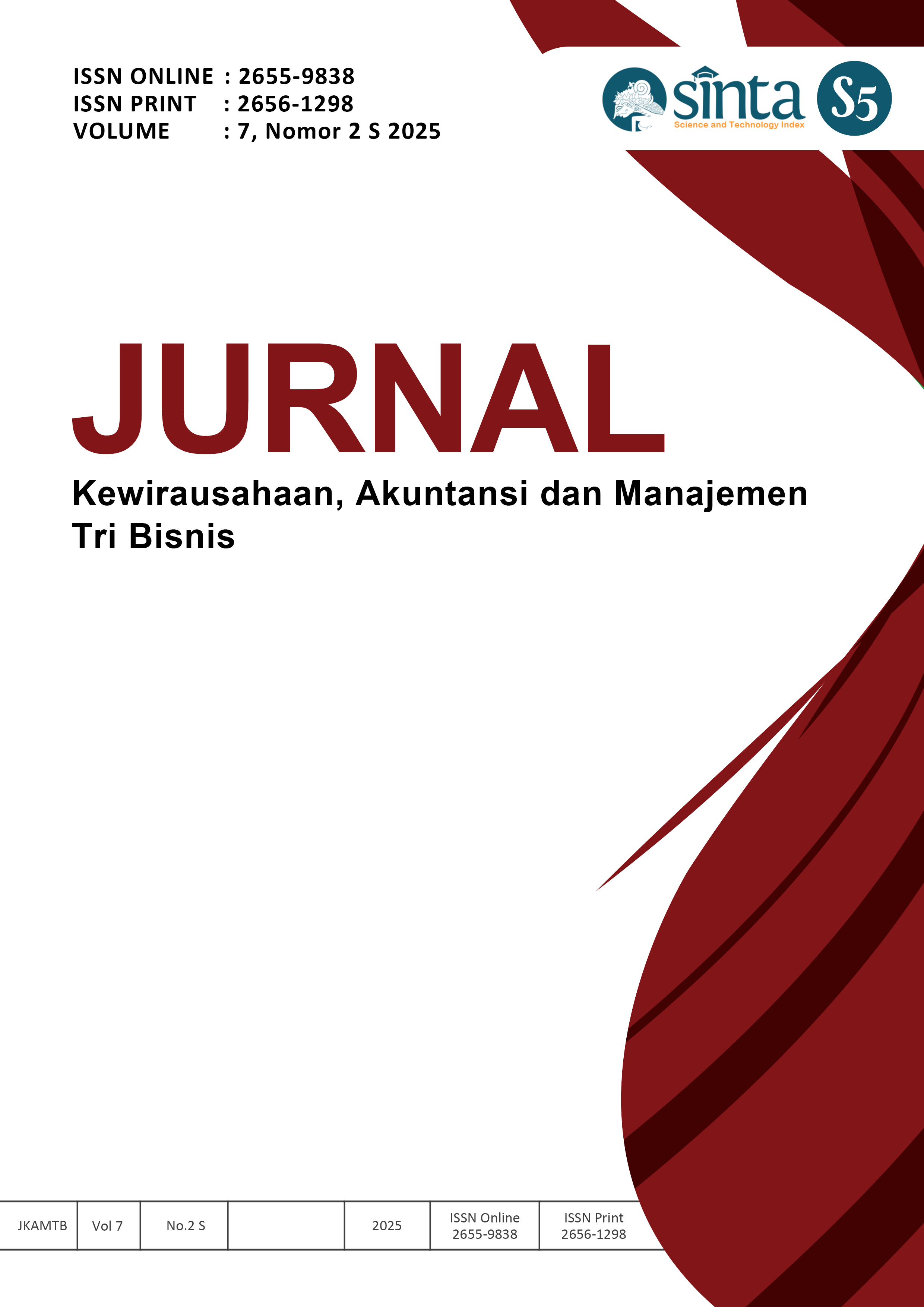The Effect of Work Discipline and Workload on the Performance of Bekasi City KPU Employees
DOI:
https://doi.org/10.59806/jkamtb.v7i1a.692Kata Kunci:
Work Discipline, Wokload, Employee Performance, General Election CommissionAbstrak
There is a gap in the performance targets of the Bekasi City KPU as seen from the performance measurement of the Key Performance Indicators (KPIs) for 2024 at the Bekasi City KPU secretariat, with the majority of targets set at 90% to 100%, while for the 2024 KPIs at the Bekasi City KPU, some only target 5% to 25%. The Bekasi City KPU still uses manual attendance. The Bekasi Mayor's regulation prohibits the addition of workers, and employees face a high workload due to the overlapping schedules of the general election and regional elections. This study aims to determine the effect of work discipline and workload on the performance of Bekasi City KPU employees. This study uses a quantitative approach with a saturated sample technique, where the entire population is the sample. The population of Bekasi City KPU employees is 32. The questionnaire was distributed to respondents via Google Forms. The analysis in this study uses multiple regression analysis. Data processing uses the SPSS version 27 software tool. The results of this study found that 1. work discipline has a partial positive and significant effect on employee performance with a t-value of 3.076 > t-table 2.048 and a significant value of t 0.005 < 0.05, 2. workload has a partial positive and significant effect on employee performance with a t-value of 2. 060 > t-table 2.048 and a significant value of t 0.048 < 0.05, and 3. work discipline and workload have a simultaneous positive and significant effect on employee performance with a t-value of 9.611 > F-table 3.33 and a significant value of F 0.001 < 0.05. The coefficient of determination (R2) has an R Square value of 0.399 or 39.9%.













